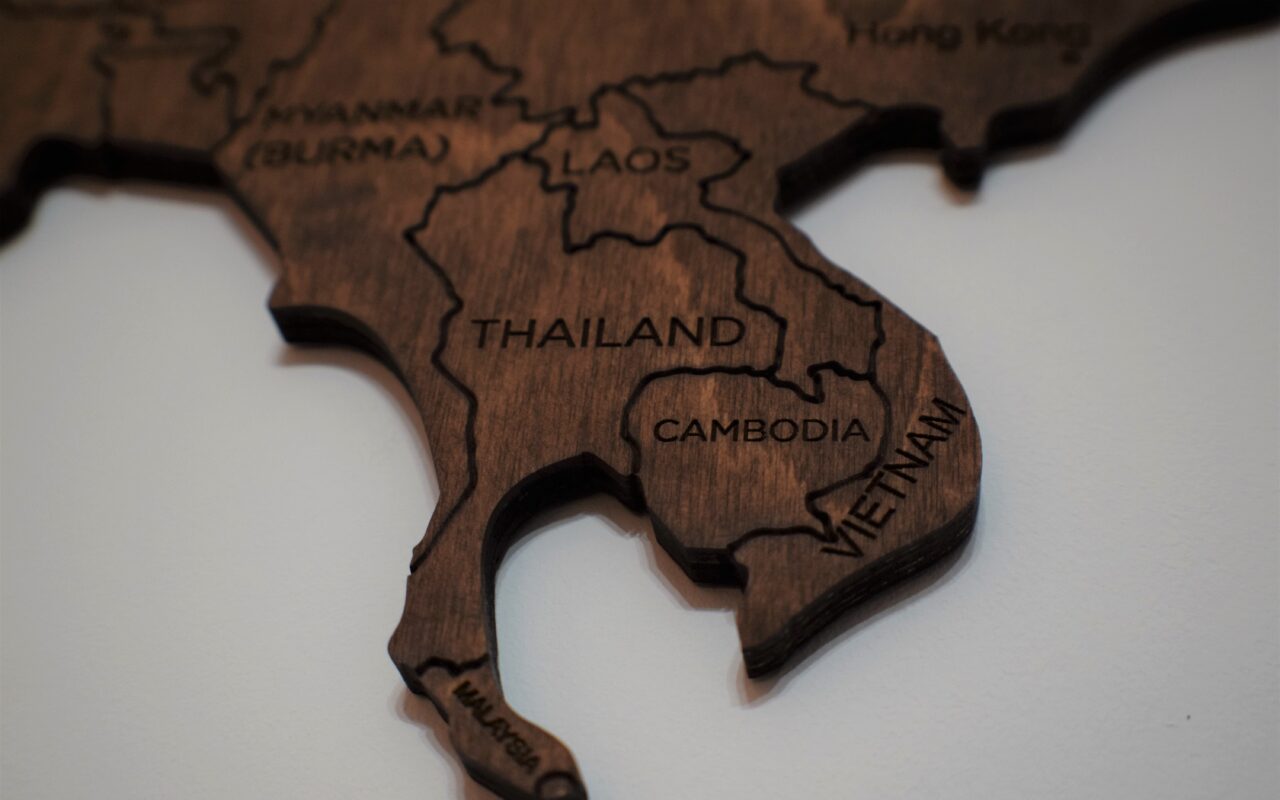The world is racing for global dominance in the AI world and Asia is emerging not just as a manufacturing powerhouse, but as a strategic epicenter for semiconductor innovation and infrastructure.
According to a recent report by the Asian Development Bank (ADB), approximately 75% of the global semiconductor manufacturing capacity is located in Asia. Data center capacity in South and Southeast Asia is expected to grow at a compound annual rate of 10=25% over the next few years. Not surprisingly, several of our New Asian Hotspot locations are the focus of AI and data center activity and investments.
Our Hotspot locations are attracting foreign direct investment in high-tech manufacturing and AI services, expanding digital infrastructure and developing skilled talent pools through government-backed education and tech incubators.
Hotspot locations include Indonesia, Malaysia, Philippines, Thailand and Vietnam and are the locations where we have seen the greatest growth in service requests for visa, immigration and destination services support.
In the first half of 2024, more than US$30 billion was committed to building AI-ready data centers in Thailand and Malaysia. All hotspot locations have further developed AI and semiconductor activity:

- Jakarta now ranks second only to Singapore as the region’s leading data hub.
- Malaysia is home to a highly skilled engineering and semiconductor technology workforce and government incentives support the industry including the creating of Special Economic Zones.
- Thailand has created the Eastern Economic Corridor; it’s development sandbox for Thailand 4.0.
- The Philippines implemented an AI Program Framework and the government is working on upskilling its Business Process Outsourcing workers.
- Vietnam has a national strategy to become the center of research and development for AI for all ASEAN.
There are far more reasons for the focus on these locations for industry as well as talent mobility explored further in our recent white paper “The New Asian Hotspots for Talent Mobility.” More importantly, we showcase the difference between relocating someone to a traditional destination as opposed to a hotspot location. Sending talent into Singapore requires different support and relocation benefits than sending someone into a hotspot location.
As these markets evolve, so do the challenges of relocating talent and navigating visa regulations. At Relo Network Asia, we specialize in helping corporations navigate the complexities of talent mobility, immigration and destination services local nuances in Asia.
The semiconductor boom in Asia is more than a tech story, it’s a talent mobility story. As companies expand further into these high-growth destinations, the need for agile, compliant and culturally attuned relocation services become mission critical.




